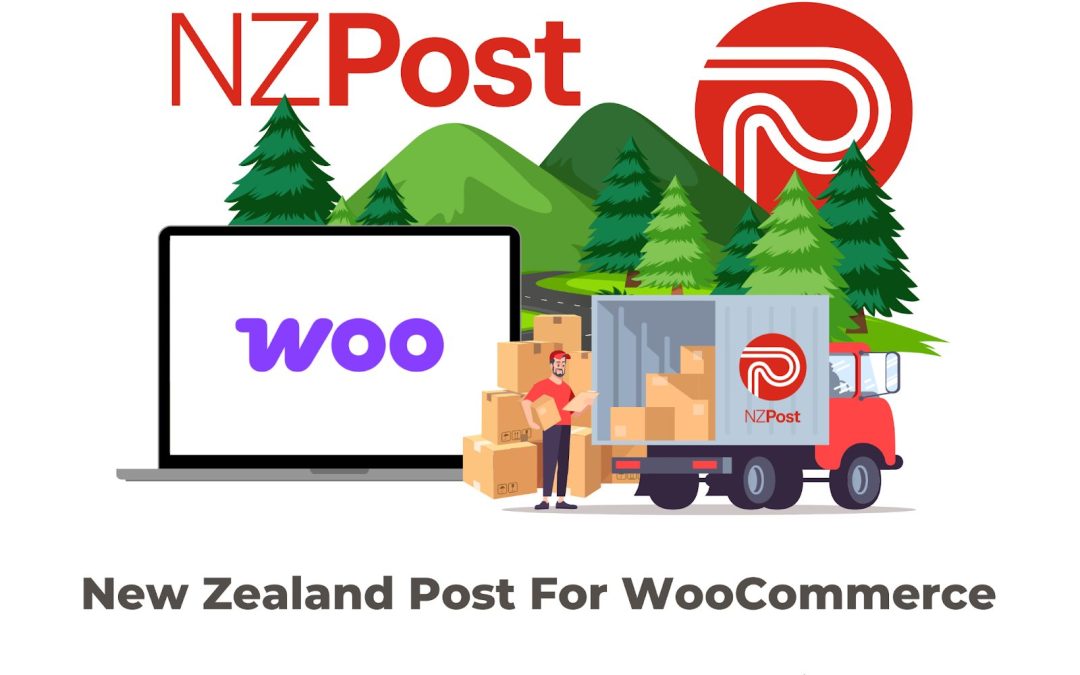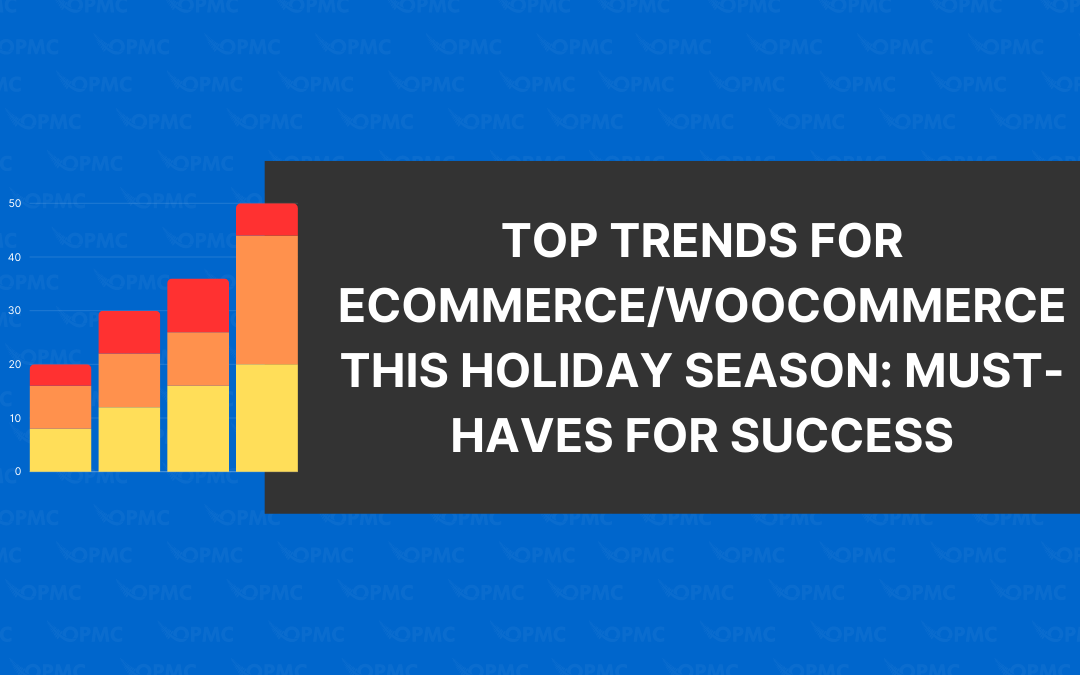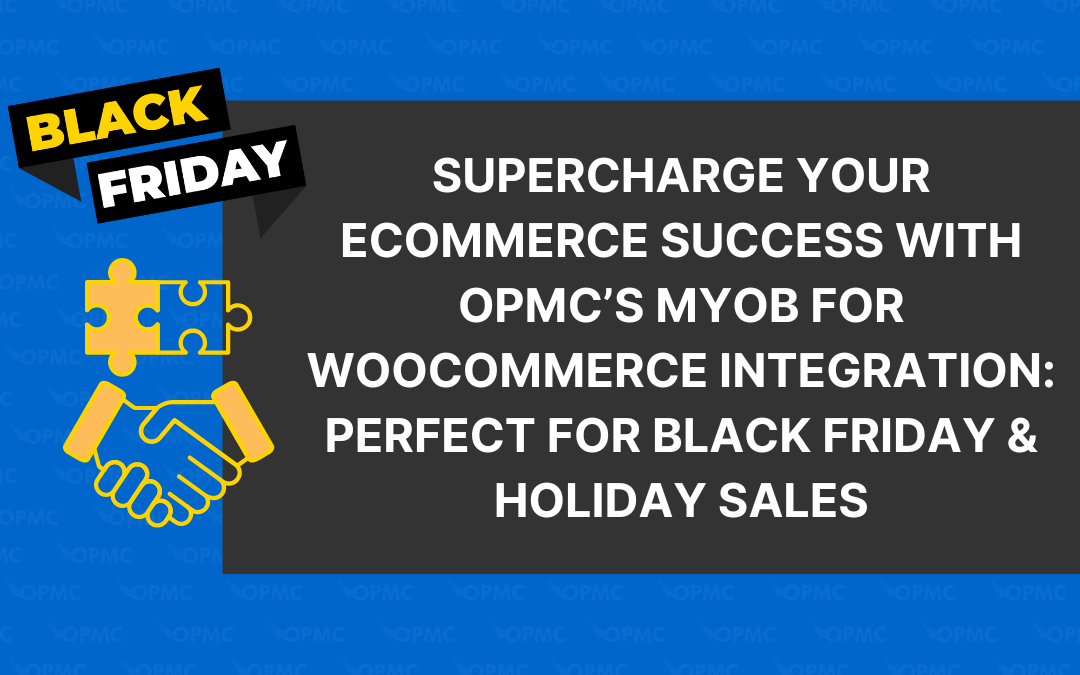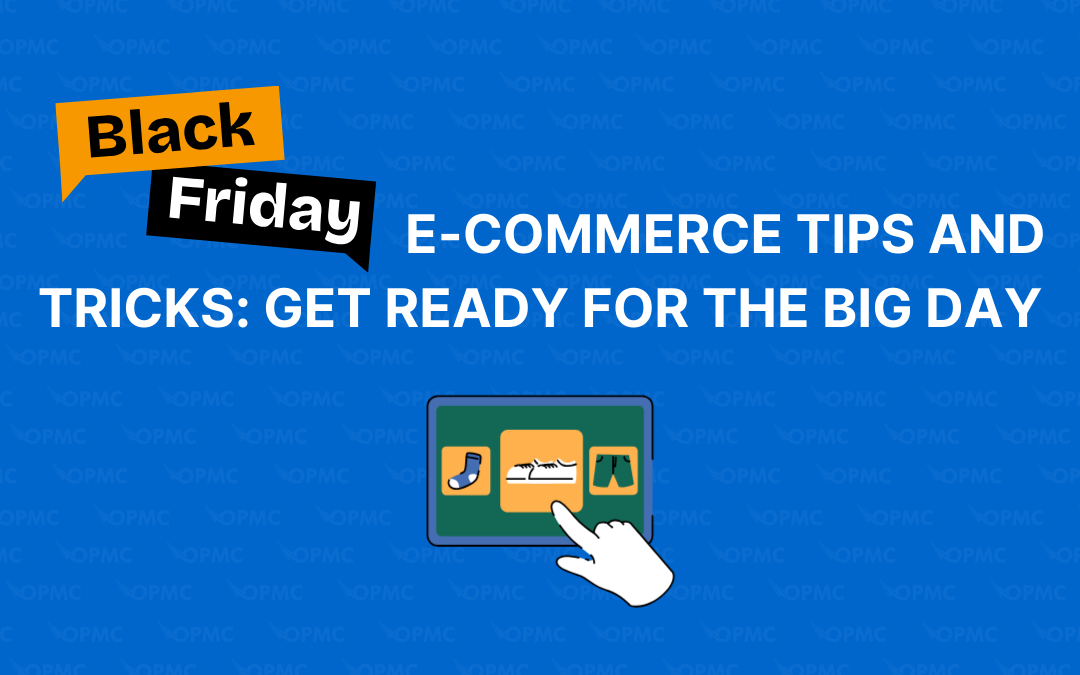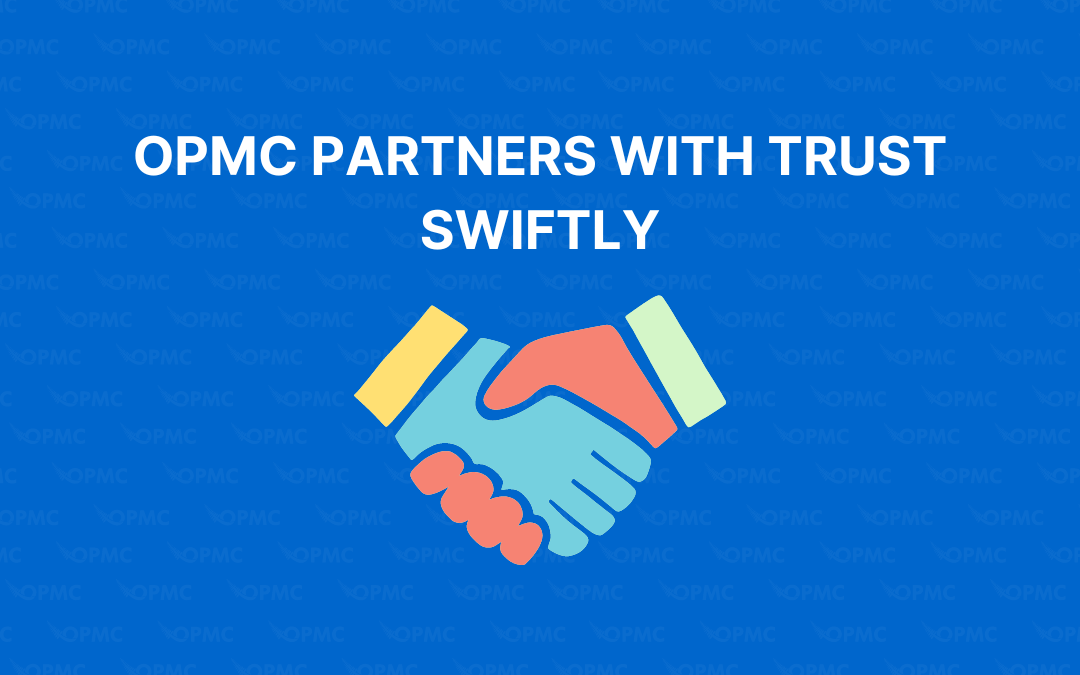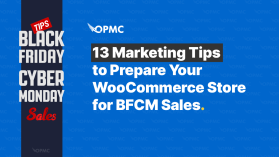In the vast digital landscape, where online stores are vying for attention, having a quality domain name is no longer a luxury but a necessity for your ecommerce business. Your domain name is the digital address that serves as the gateway to your online store, attracting potential customers and establishing your brand’s online presence.
Think about the online businesses you visit the most. Can you type in their domain in the address bar by memory? Or do you associate the web address with their brand? Most of the first 100 registered domains were for businesses because everyone understood the value they bring to boosting sales.
Let’s go over some of the more important considerations you need to work with when nailing down a great domain name for your ecommerce storefront. So, buckle up and get ready to unleash the power of a well-chosen domain name!
What is a Domain Name?
Before we dive into why your domain name matters, let’s understand what it actually is. Simply put, a domain name is the unique web address that leads customers to your online store. With over 375 million registered domain names in the world, and that number grows almost every minute, you need to stand out.
A good domain serves as the online identity of your business, allowing potential customers to find and access your website. It’s like the signboard hanging outside your brick-and-mortar store, attracting passersby, and inviting them to explore what you have to offer.
Why Does Your Domain Matter?
Your domain name plays a crucial role in shaping your online presence and brand awareness. Luckily, you can find a great deal with most web hosts to get a free or reduced-price domain. The average annual cost is right around $14, so this isn’t a massive expense for your online business. Here’s why it matters:
- Making a Memorable Impression: When potential customers search for products or services on search engines like Google, a memorable domain name can help your online store stand out from the crowd. It creates a lasting impression, increasing the likelihood of users clicking on your website and exploring what you have to offer. Remember, Business.com sold for over $345 million, so having a significant domain matters!
- Reflecting Your Brand Identity: A well-chosen domain name can convey the essence of your brand and what you sell. It should align with your business’s values, products, or services, giving visitors an immediate understanding of what your ecommerce store is all about. Don’t get a domain like happyswimmingflippers.com if your business is custom candles.
- Enhancing Trust and Credibility: A professional and relevant domain name instils trust in potential customers. It demonstrates that you take your online presence seriously and establish your credibility as a legitimate business. Customers are more likely to trust and purchase from a website with a reputable domain name.
- Improved Search Engine Rankings: Search engines like Google consider domain names when determining the relevance and credibility of a website. A domain name that matches the keywords related to your business can positively impact your website’s visibility in search engine results, driving more organic traffic to your online store.
How to Find a Quality Domain Name
Now that we understand the importance of a quality domain name, let’s explore how to find the perfect one for your ecommerce business.
This is important to take your time on. With the domain name industry growing to $8 billion in value, you want to be sure to find the perfect match for your online business. Follow these tactics to secure a memorable and effective domain name:
#1 – Match the Name to What You Sell
Ensure that your domain name reflects the products or services you offer. It should give visitors a clear idea of what to expect when they land on your website. If you sell custom SaaS software, have a domain with the niche market you serve.
#2 – Make it Easy to Spell & Find
Select a website name that is simple to spell and remember. Steer clear of complex words or unusual spellings that could confuse potential customers or make it hard for them to locate your site.
It’s important to prevent misspellings that might direct visitors to a competitor. This is why you often come across misspelled versions of Disney World or Google being sold frequently.
#3 – Make it Easy to Type for Promotions
Consider the ease of typing your domain name, especially for promotional purposes. A shorter and simpler name will be easier to include in advertisements, social media posts, and other marketing materials. Confusing domains get in the way of shoppers typing in codes or looking for you in search engines.
#4 – The Catchier, the Better
A catchy domain name can leave a lasting impression on potential customers. It should be unique, memorable, and evoke a sense of curiosity or intrigue. You want that marketing stickiness in the memories of your target consumers.
#5 – Avoid any Slang or Abbreviations
While it may be tempting to use slang or abbreviations, it’s best to steer clear of them. These can confuse customers and make it harder for them to remember or find your website. Plus, slang is very localized. What passes as slang for a cigarette in the UK is a highly offensive word in the USA. Don’t fall into this trap.
#6 – Don’t use Numbers Unless Part of Your Brand
Using numbers in your domain name can be confusing. However, if numbers are an integral part of your brand or business name, then incorporating them can work. If you have an auction for baseball cards with a domain of baseballhouse44835.com, those numbers lower the trustworthiness of your brand because you look spammy.
#7 – Forget the Hyphens or Underlines
Hyphens and underlines can make a domain name look unprofessional and can be easily forgotten or mistyped. Stick to a single, continuous name. Again, you want to avoid misspellings while making your domain memorable.
#8 – Test it Out with Friends, Partners, and Stakeholders
Before finalizing your domain name, get feedback from friends, partners, and stakeholders. They can provide valuable insights and help you identify any potential issues or concerns. No single person can consider all the issues around a name. Getting quality feedback from people with opinions you value matters.
#9 – Make Sure No One Else is Using Something Similar
Perform a thorough search to ensure that no one else is using a similar or identical domain name. You want your domain name to be unique to your business and avoid potential legal issues.
This isn’t just for your industry. Happyfeet.com may sound perfect for a shoe business, but can also have competitors with certain themes that may make your shoppers uncomfortable.
#10 – Check Social Media for Similar Handles
Consistency across your online presence is essential. Check if similar handles or usernames are available on social media platforms to maintain a cohesive brand identity. Omnichannel marketing is key to success, and you want to have your brand name work within your domain just as much as your Instagram handle.
#11 – Don’t Use Trends
While it may be tempting to incorporate the latest trends or buzzwords in your domain name, it’s best to avoid them. Trends come and go, and you want your domain name to stand the test of time. Brand longevity is everything!
What About Domain Name Extensions?
Domain name extensions, also known as top-level domains (TLDs), are the suffixes that follow the domain name itself, such as .com, .net, .org, etc. Here’s a brief rundown of popular domain extensions:
- .com: The most widely recognized and preferred extension, ideal for global reach and credibility.
- .net: Originally intended for network-related websites, it can still be used for various purposes.
- .org: Primarily used by non-profit organizations, but can also be used by any type of business.
- .info: Suitable for websites that provide informational content.
- .co: Originally designated for Colombian websites, it has become popular for global businesses.
- .biz: Often used by businesses, especially if the .com extension is already taken.
- .me: Popular for personal branding or personal websites.
Consider your target audience, industry, and branding goals when choosing a domain extension. While .com is generally recommended for ecommerce businesses, other extensions can work depending on your specific circumstances.
Good Domain, Great Customer Service
A quality domain name is just the beginning of your ecommerce journey. To truly succeed, you must pair it with excellent customer service.
Provide a seamless and user-friendly shopping experience, offer reliable support channels, and prioritize customer satisfaction. A great domain name will attract potential customers, but it’s your exceptional customer service that will turn them into loyal patrons.
We suggest downloading our Customer Support for WooCommerce plugin, which will give you the ability to integrate a 24/7 live chat feature on your site. That increases the user experience and sales potential by giving your consumers a simple way to get questions answered so they can make a purchase. Download a copy today!
Conclusion
A quality domain name holds the power to shape your brand’s online presence, attract potential customers, and establish credibility. It is a key element in creating a memorable and engaging user experience. B
So, go ahead and make your mark in the digital realm with a well-chosen domain name that opens the doors to endless possibilities for your ecommerce business.
Visit our store today!
Get a powerful boost to your security, customer support, inventory management, and more…

